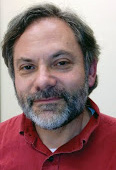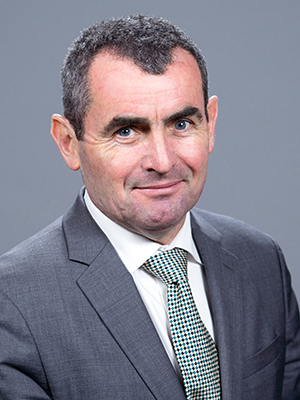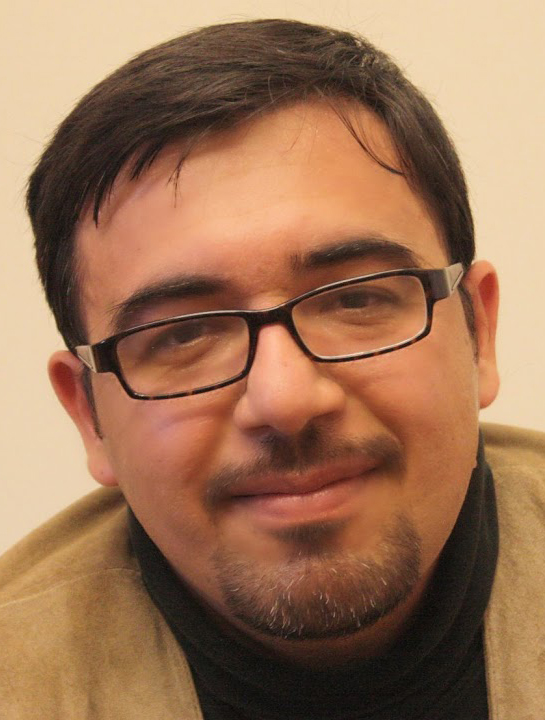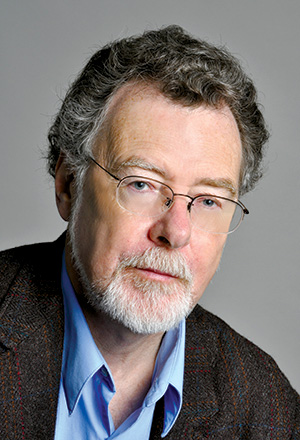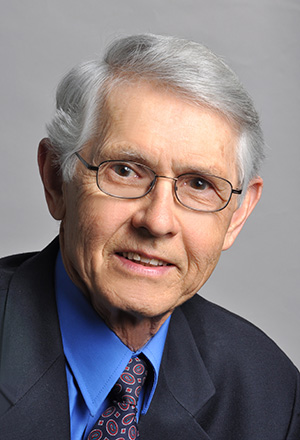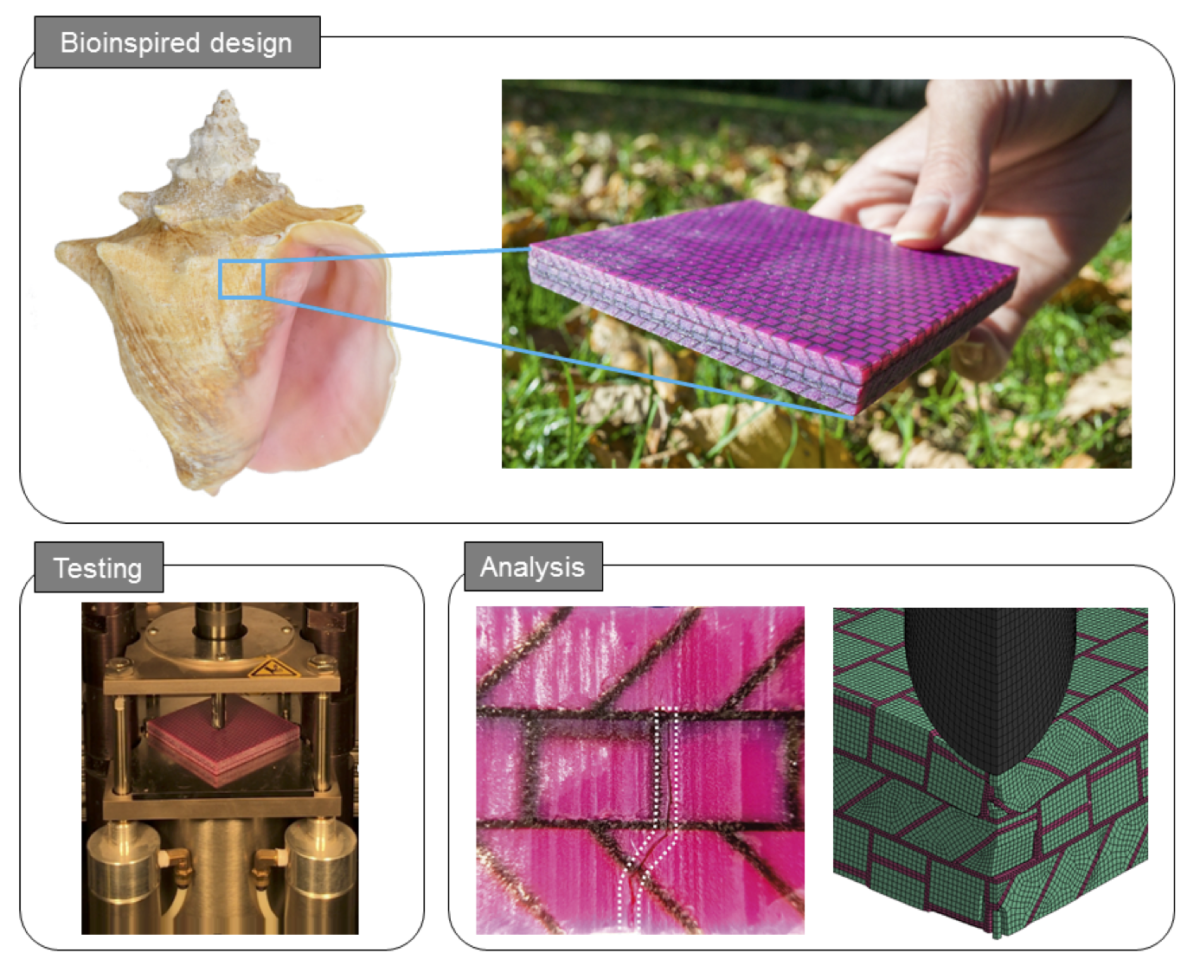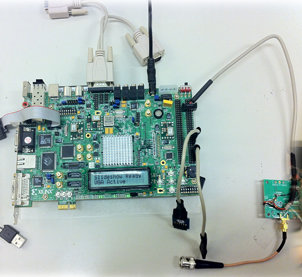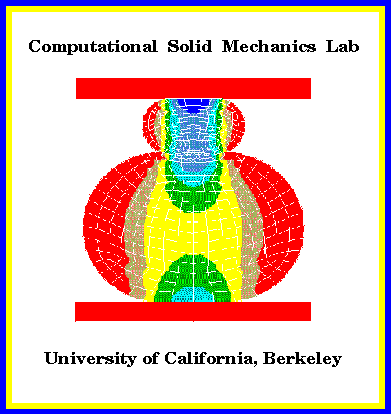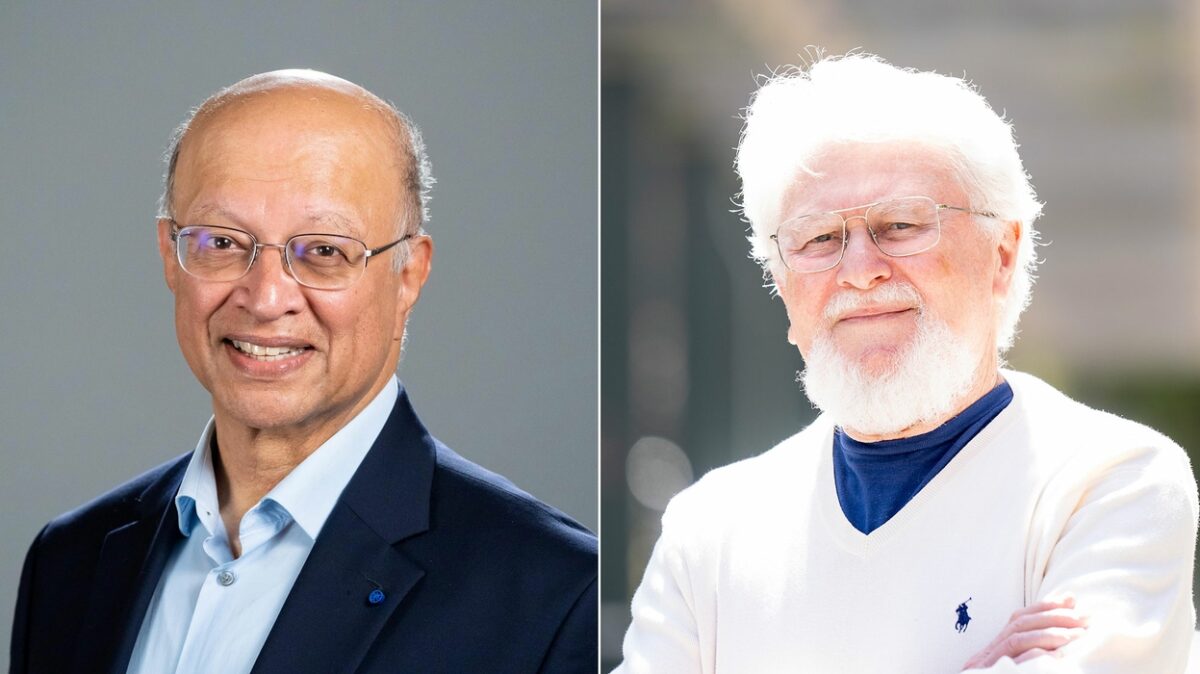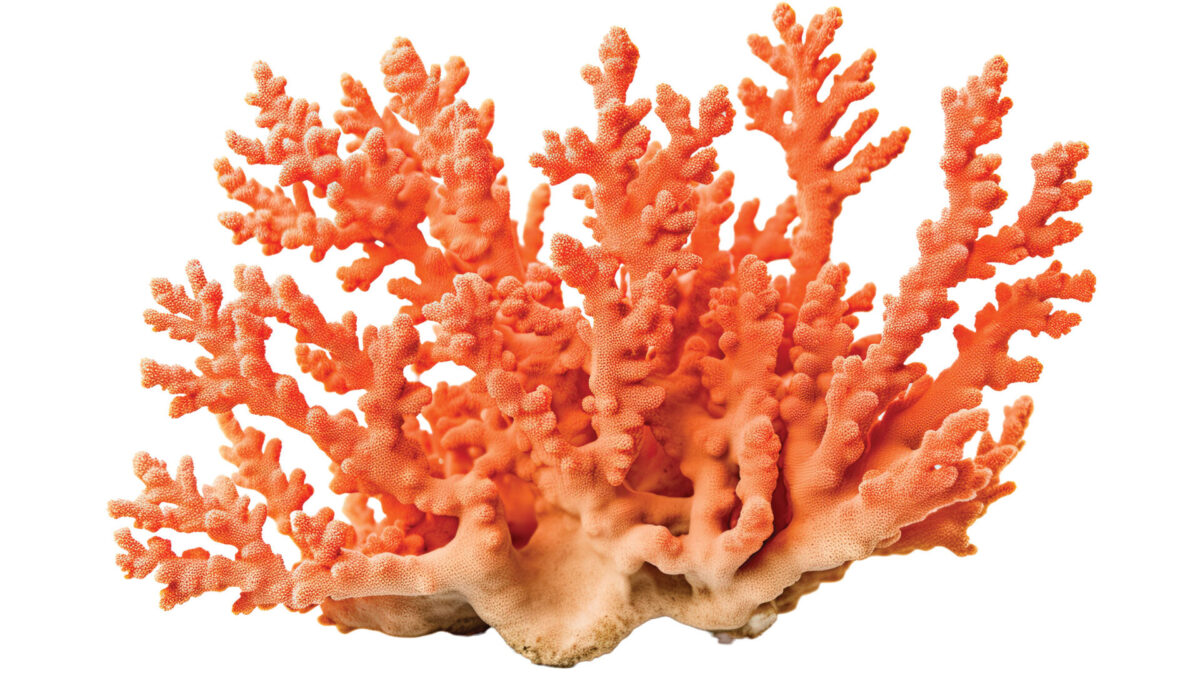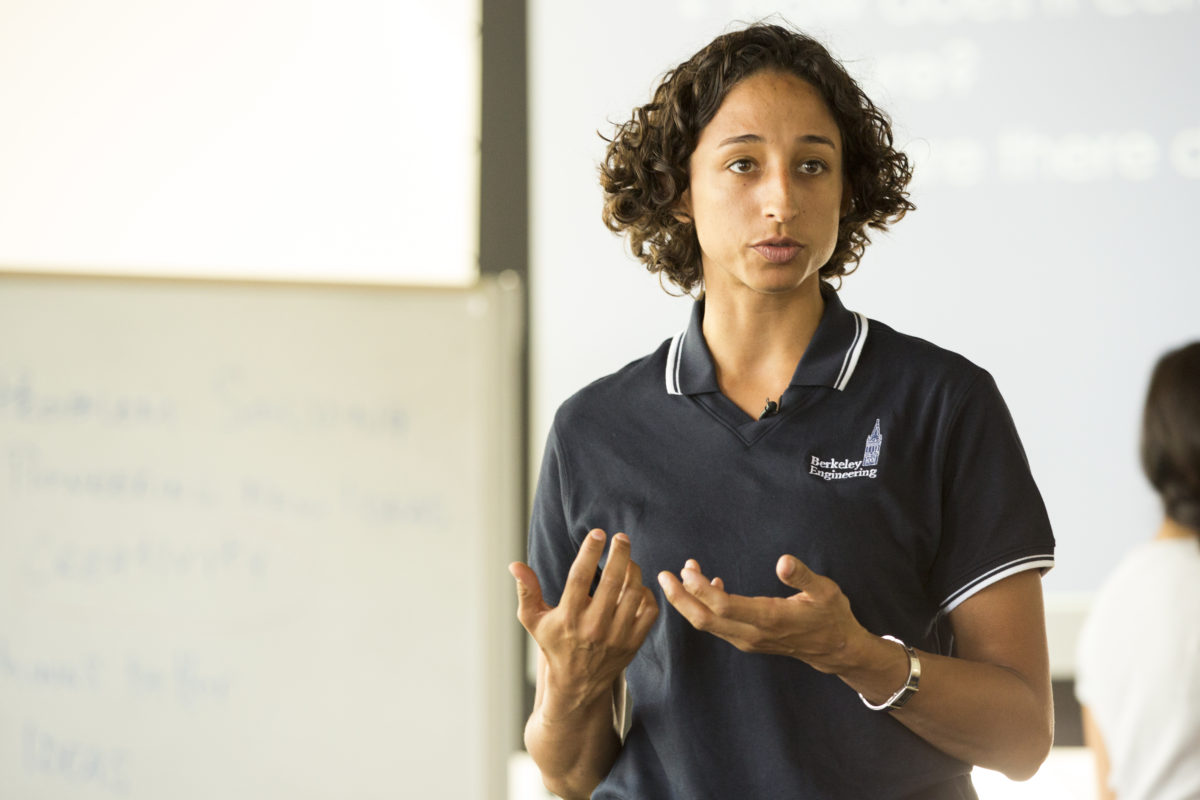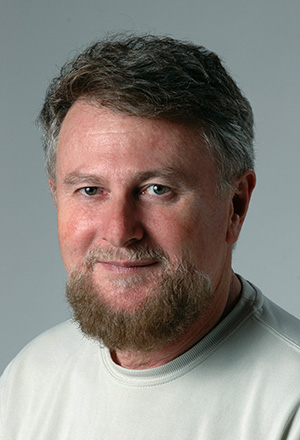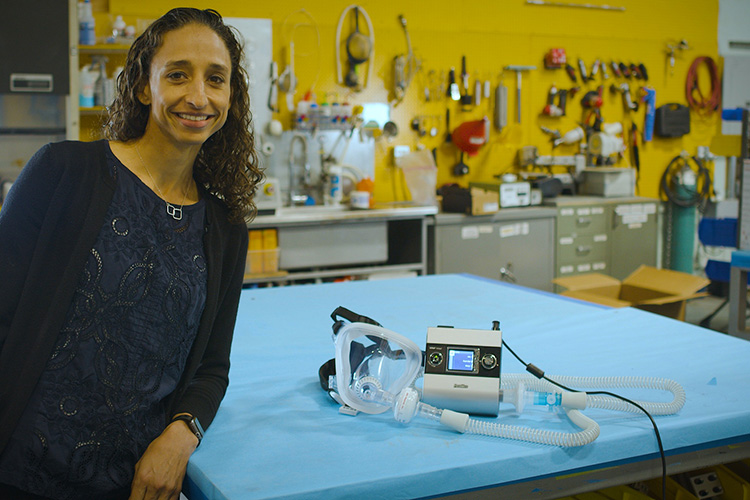Mechanics
Having its roots in the classical theory of elastic materials, solid mechanics has grown to embrace all aspects involving the behavior of deformable bodies under loads. Thus, in addition to including the theory of linear elasticity, with its applications to structural materials, solid mechanics also incorporates modern nonlinear theories of highly deformable materials. This includes synthetic polymeric materials, as well as biological materials.
The Mechanics Program at Berkeley fully reflects the diversity of modern continuum mechanics. We offer courses and research topics that include linear and nonlinear elasticity, plasticity at large deformations, shell theory, composite materials, directed (or Cosserat) continua, media with microstructure, continuum electrodynamics, and continuum thermodynamics. The interests and expertise of our faculty encompass theoretical, computational, and experimental aspects of continuum mechanics. We encourage our students to expand the breadth of their coursework to include courses in related areas, such as dynamics, fluid mechanics, and mathematics.
A major research area involves finite deformation of highly deformable materials including computational aspects pertaining to the development of constitutive theories, special solutions, and theoretical predictions of material response. Examples of this work include: ductile metals under special loading programs (e.g., strain cycling); microcrack growth in brittle materials; constructing new theories of inelastic behavior in the presence of finite deformation which explicitly incorporate microstructural effects such as dislocation density; and thermodynamical developments for deformable media undergoing finite motion.
Material and stress characterization issues in a wide range of solids, including metals, composites, electronic materials, and geologic materials, are also a major focus area in our program. Both experimental and analytical research is being conducted in the areas of nondestructive stress evaluation, characterization of thin solid films, large deformation material behavior, and microstructure evaluation. Stress and property evaluation are topics being pursued for bulk materials and thin films. A variety of approaches are involved including ultrasonics, X-ray diffraction, and custom designed micro-electro-mechanical structures (MEMS).
Collaborations exist with the Berkeley Sensors and Actuator Center (BSAC) in the characterization of materials for MEMS devices on the order of a few micrometers in thickness and whose lateral dimensions are on the order of tens to hundreds of micrometers. Particular emphasis is directed to the relationship between material processing and its effect on the resulting microstructure and the mechanical response. Similarly, work in the fields of plasticity and quantitative texture analysis is directed toward providing descriptions of the macroscopic, observable behavior of polycrystalline materials in terms of the microstructure inherent within these materials.
Our program also includes other aspects of continuum mechanics including approximate theories (such as those involving moderate strains or moderate rotations) and the Lagrangian representation of vorticity. The behavior of continua that are almost rigid, with a view to characterizing their dynamical characteristics, is also an important topic.
The Major Field Advisors for each research area are listed here.
Core Faculty
Faculty with research interests that relate to Mechanics issues include Professors M. Reza Alam, Kyriakos Komvopoulos, George Leitmann, and Fai Ma.
